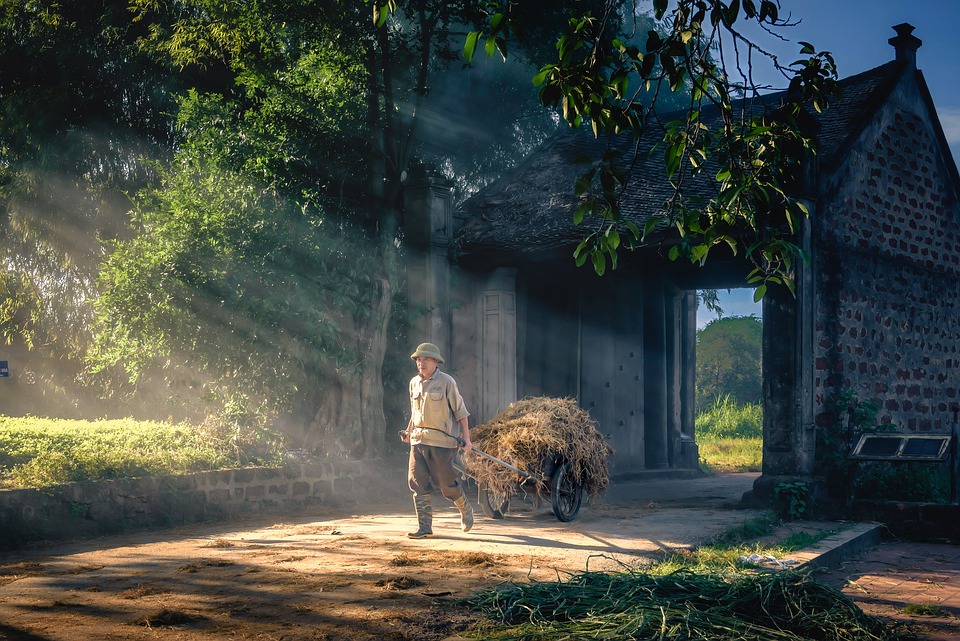Introductory Thoughts
Politics and culture have always been intertwined, with each shaping the other in a complex and dynamic relationship. The influence of politics on the cultural scene can be seen in various ways, from the ways in which governments support or censor artistic expression to the impact of political ideologies on cultural institutions and trends. In this article, we will explore the ways in which politics can influence the cultural scene and the implications this can have for society at large.
The Role of Government in Shaping Cultural Expression
One of the most direct ways in which politics influences the cultural scene is through government policies and funding. Governments can play a key role in shaping cultural expression by providing funding for the arts, supporting cultural institutions, and promoting certain forms of artistic expression over others. For example, in countries with strong social welfare systems, governments may provide grants and subsidies to artists, musicians, and filmmakers, enabling them to pursue their creative endeavors without having to worry about financial constraints.
Supporting Cultural Diversity
One of the key ways in which governments can influence the cultural scene is by promoting cultural diversity and supporting the preservation of minority cultures. By providing funding for festivals, exhibitions, and other cultural events that celebrate diverse cultural traditions, governments can help to ensure that a wide range of voices and perspectives are represented in the cultural scene.
Censorship and Control
On the other hand, politics can also be used to control and censor artistic expression, particularly in authoritarian regimes. Governments may seek to restrict certain forms of artistic expression that are deemed to be subversive or threatening to the status quo. Artists who challenge the political establishment or who criticize government policies may face censorship, harassment, or even imprisonment.
Political Ideologies and Cultural Institutions
Political ideologies can also have a significant impact on cultural institutions and trends. For example, in communist countries, the government may control the cultural scene and promote a particular socialist realist aesthetic that serves the interests of the ruling party. In contrast, in capitalist societies, cultural institutions may be driven more by market forces and consumer preferences, leading to a greater emphasis on commercialism and mass appeal.
The Impact of Populism
In recent years, the rise of populism has had a significant impact on the cultural scene, with populist leaders seeking to exploit cultural divides for political gain. Populist leaders may use culture as a tool to mobilize their supporters, drawing on nationalist or xenophobic sentiments to create a sense of us-versus-them dynamics. This can lead to a polarized cultural landscape in which artistic expression becomes politicized and divisive.
Challenges to Freedom of Expression
One of the key challenges posed by the influence of politics on the cultural scene is the threat to freedom of expression. Governments that seek to control or censor artistic expression can stifle creativity and limit the diversity of voices and perspectives that are represented in the cultural scene. This can have serious implications for democracy and human rights, as the ability of artists and cultural producers to speak truth to power is essential for holding governments to account.
Conclusion
In conclusion, the influence of politics on the cultural scene is profound and far-reaching, with implications for artistic expression, cultural diversity, and freedom of expression. Governments can play a key role in shaping the cultural landscape through policies and funding, but they can also pose a threat to artistic freedom through censorship and control. By being aware of the ways in which politics can influence the cultural scene, we can work to protect and promote artistic expression and cultural diversity for the benefit of society as a whole.
